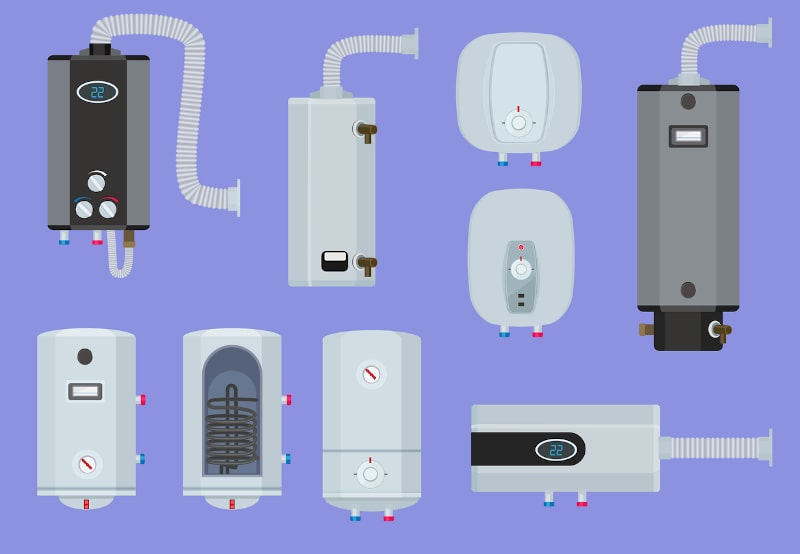Heat pumps and furnaces are two of the major options that homeowners in Lenoir City, TN, have for heating their homes. If you’re in the market for a new heating system, you need accurate and comprehensive information to make a proper decision. The following are five of the most significant differences between heat pumps and furnaces:
Heating and Cooling Capabilities
The first significant difference to consider is that furnaces can only heat your home while heat pumps are dual-purpose systems that have both heating and cooling modes. A heat pump can serve this dual function because it performs heat transfer, using refrigerant to pull heat from the surrounding air and then dumping it either into or outside of your home, depending on the mode you set. Furnaces, on the other hand, don’t possess a separate mode for cooling.
Energy Sources
The next issue concerns the kinds of energy that these two systems use. Heat pumps are all electrically powered, but different types of furnaces can draw upon different energy sources. Besides electric furnaces, there are those that run on gas or oil.
Efficiency
Comparing the respective energy efficiencies of these types of systems is a somewhat complicated matter. Heat pumps are more efficient than furnaces overall, but a variety of factors can affect how things shake out in the real world.
During extremely cold winters, heat pumps may struggle to perform heat transfer since it requires more work to extract heat from air that is already quite cold. To compensate for this deficiency, newly designed heat pumps come with special strips that generate additional heat and variable-speed compressors.
These work with greater intensity as temperatures sink to particularly low levels. Still, it is often true that furnaces that draw power from either gas or heating oil work more efficiently at sub-zero temperatures.
Electric furnaces are another matter. Gas and heating-oil-powered furnaces are typically more efficient than electric furnaces. This disparity is large enough that heat pumps also come out ahead of electric furnaces in most cases in very cold weather.
Upfront Costs and Maintenance
Gas furnaces generally have higher upfront installation costs than electric furnaces or heat pumps. This is because you must have a gas line running through your home to properly install a gas furnace, whereas you only need to hook up a heat pump to your electrical system.
Electrically powered systems are easier to maintain than those that run on gas or heating oil. Although all heating systems will need occasional service, fixing a heat pump will usually be less complicated.
Safety
Although furnaces that use either natural gas or heating oil have special safeguards in place to prevent gas leaks, the risk of such things exists. Not only can natural gas leak out, possibly igniting and causing a fire, but so can carbon monoxide. Carbon monoxide is extremely poisonous. If you notice such a leak, which is either indicated by a yellow furnace pilot light or carbon monoxide detector, call a repair service technician right away.
There’s no such danger connected to heat pumps because they run on electricity. However, heat pumps can leak out refrigerant, and problems with electrical wiring may cause power surges. Whichever kind of heating system you have, it’s important to be aware of the risks involved. Call a repair service technician whenever something goes wrong.
Now that you’re aware of the differences between heat pumps and furnaces, you’re in a better position to decide which of them is right for your home in Lenoir City, TN. Call Melton Heating and Air Conditioning today and ask for our HVAC services. Let us help you stay warm. We offer heating, cooling and indoor air quality services to ensure your home stays comfortable year-round.
Image provided by iStock

